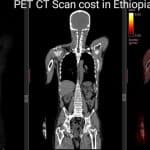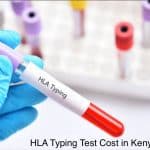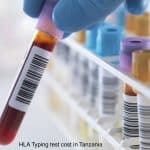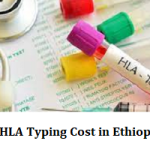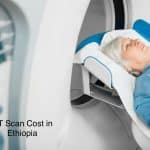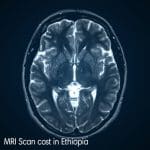Are there any side effects?
HLA typing itself, as a laboratory test, typically does not cause direct side effects. It is a blood test that involves collecting a small sample of blood for analysis. The procedure is generally safe and routine.
However, it’s essential to note that any potential discomfort or adverse reactions are typically associated with the blood-drawing process rather than the HLA typing itself. Here are some general considerations:
- Discomfort at the Needle Site: Mild pain, bruising, or tenderness at the site where the needle is inserted to collect the blood sample may occur. This is a common and temporary side effect.
- Fainting or Dizziness: Some individuals may feel lightheaded or dizzy during or after the blood draw. This is more common in people who may be sensitive to blood or needle procedures.
- Infection or Bleeding: Though rare, there is a minimal risk of infection or excessive bleeding at the needle site. Proper sterile techniques and trained healthcare professionals help minimize these risks.
It’s important to communicate any concerns or sensitivities you may have with the healthcare provider performing the procedure. Serious side effects related directly to HLA typing are extremely rare.
As with any medical procedure, if you experience persistent or severe symptoms, it’s advisable to contact your healthcare provider promptly. They can address any concerns and ensure you receive appropriate care.


